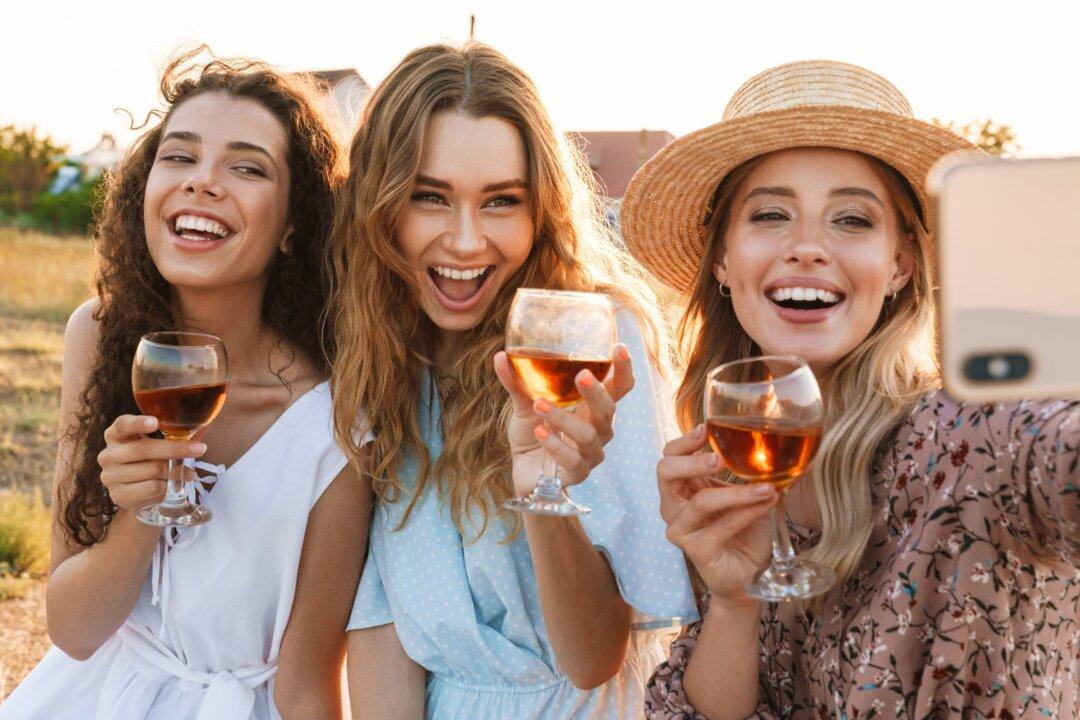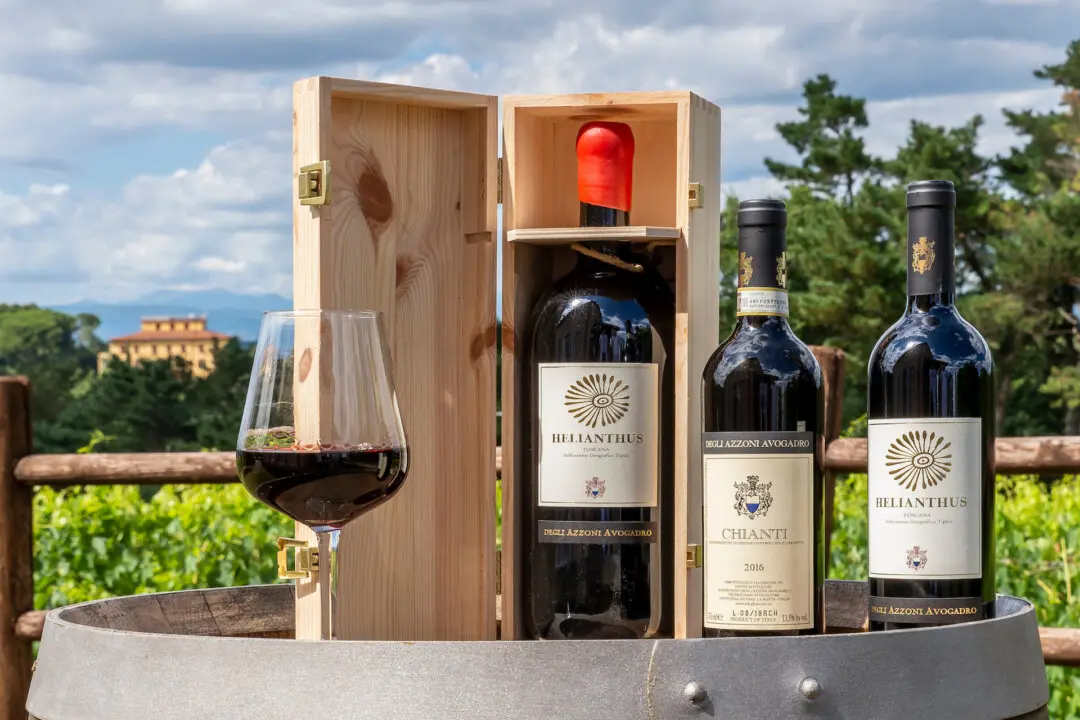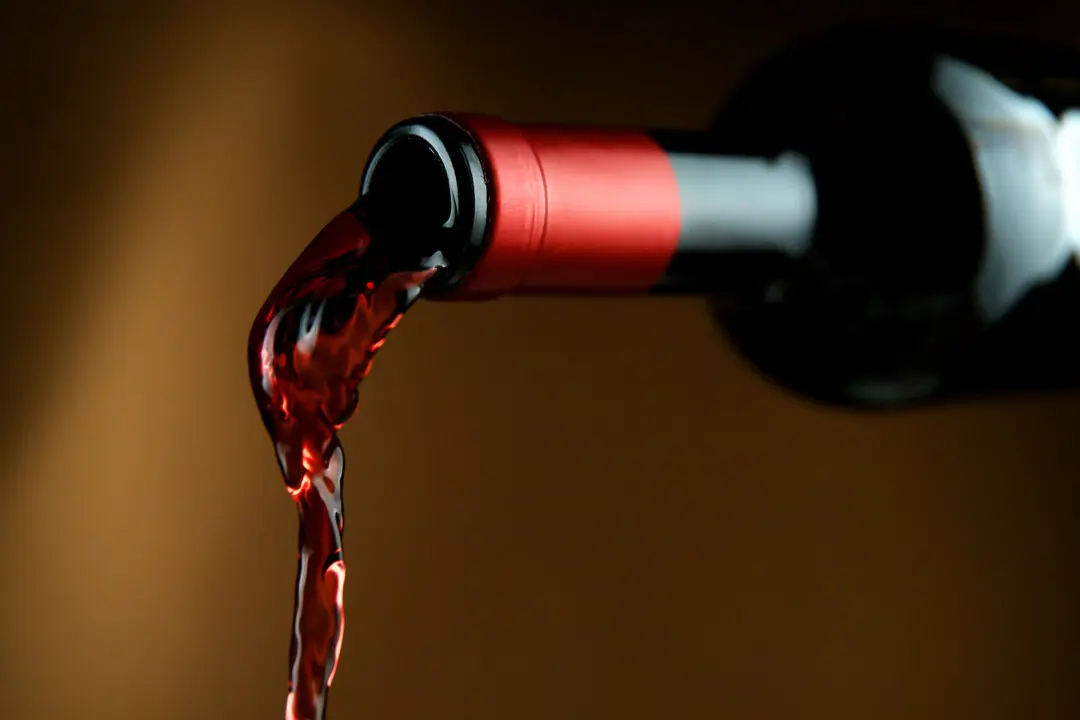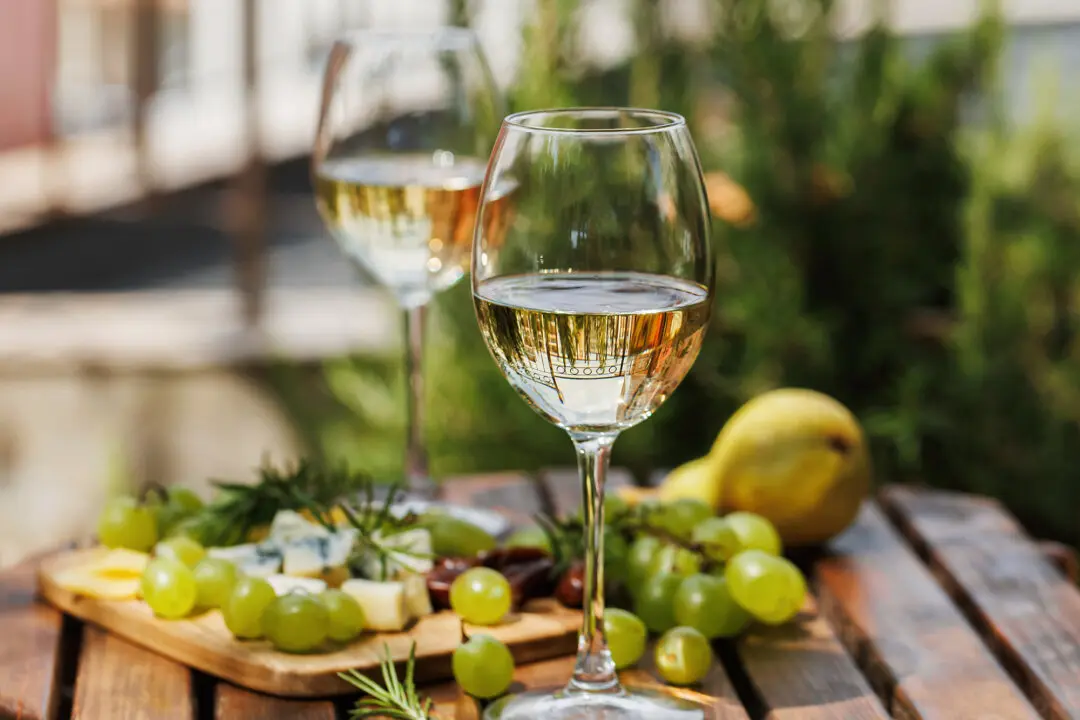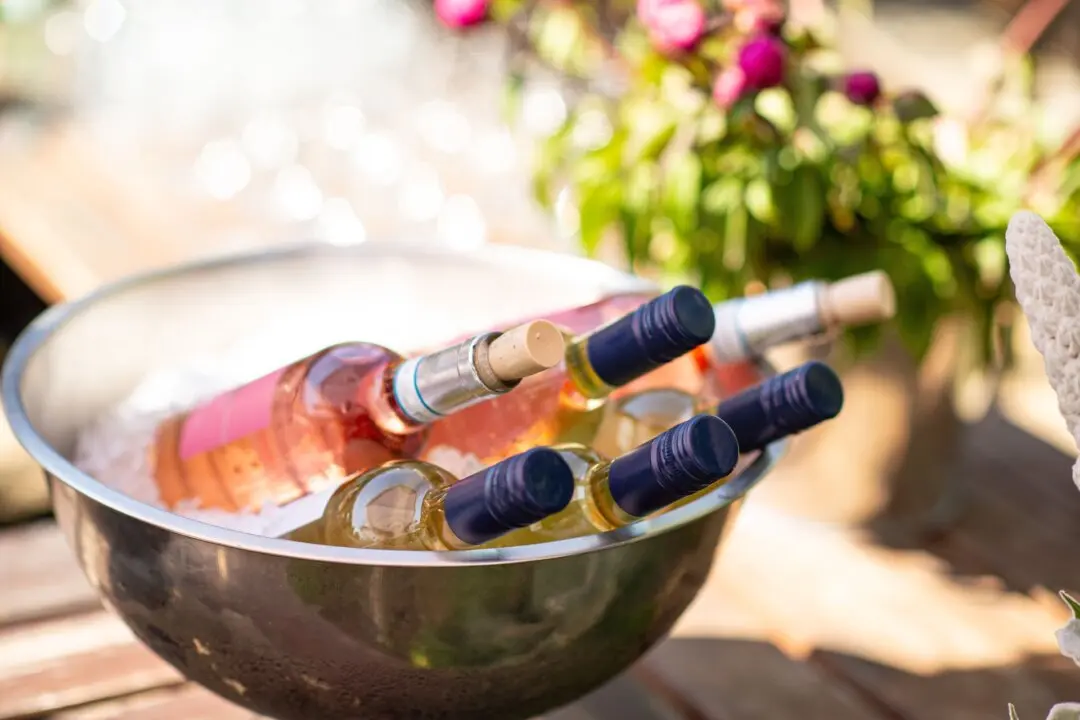On the old Jack Benny radio show in the 1940s, a continuing character played by the actor Sheldon Leonard was a racetrack “shill,” who always spoke in a hushed tone.
The shady character would suggest to Benny that he bet on a horse “in the third [race],” usually starting his pitch with “hey, bud” and ending his “sure thing” tip with the last line: “Trust me.” Following the racetrack tout’s tip often ended badly for Benny.

